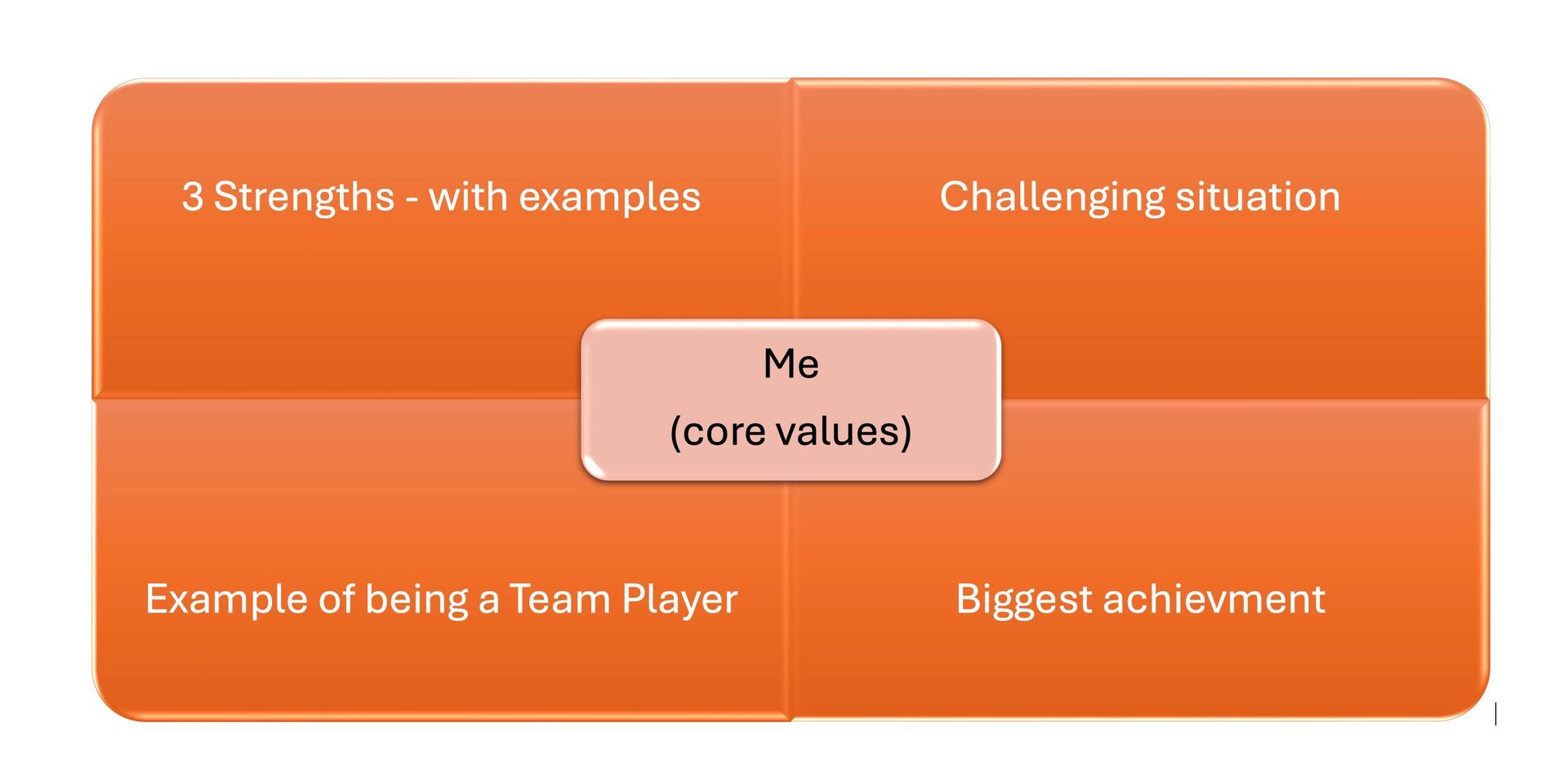Psychological Safety
“ A team climate characterised by interpersonal trust and mutual respect, in which people are comfortable being themselves” – Amy Edmondson
Edmondson is a Harvard Business School professor and the author of “The Fearless Organisation”. Psychological safety is about your voice being heard, it is not about being nice, its about being able to be candid and honest about what you see and hear. It is also not about avoiding conflict or license to whine it is about having a voice and being able to speak up.
The research for the book focused on hospitals, Edmondson studied the rate of reported errors, versus patient outcomes, across surgical teams. The research found that the teams with the highest number of mistakes, seemed to have the best patient outcomes. Their success was down to an attitude of honesty, transparency and learning, it was psychological safety in action.
Google wanted to explore why some teams were great and some teams not so great. The study took five years and was called Project Aristotle. The outcome was that you can’t simply bring people together who are the most qualified and expect a great team. Instead the team has to have the right characteristics. The researchers discovered what really mattered was how the team worked together not who they were. Top of the list was psychological safety.
- Psychological Safety – team members feel safe to take risks and be vulnerable in front of each other
- Dependability – team members get things done on time and meet the high standards of the team
- Structure & Clarity – team members have clear roles, plans and goals
- Meaning – Work is personally important to team members
- Impact – team members think their work matters and fits with the wider team goals
Edmondson was delighted that Googles research supported her own findings. We are in a knowledge economy and without safety of speaking up, new innovations could be missed. Leaders need to ask for forgiveness if they have not provided a safe enough environment for voices to be heard. Ask your team is it easy to come to me with mistakes or new ideas.
Psychological safety is not only important in established teams but also in what Edmondson defines as “Teaming”. This is when people need to work together interdependently to get a result. An example would be an Accident & Emergency department, sometimes you don’t know who you are working with and you have different expertise but you need to work together in the moment. In order for that teaming experience to be effective everyone needs to feel psychologically safe.
The goal is not psychological safety it is the means to your goals.
In summary what is it?
- If you make a mistake in the team, team members are supportive, and it is not held against you
- It is easy for members to feel comfortable and ask other team members for help
- Members of a team are able to bring up problems and tough issues
- It is safe to take a risk as a team
- People accept others for being different in the team
- No one in the team would deliberately act in a way that undermines any individual efforts or ideas












